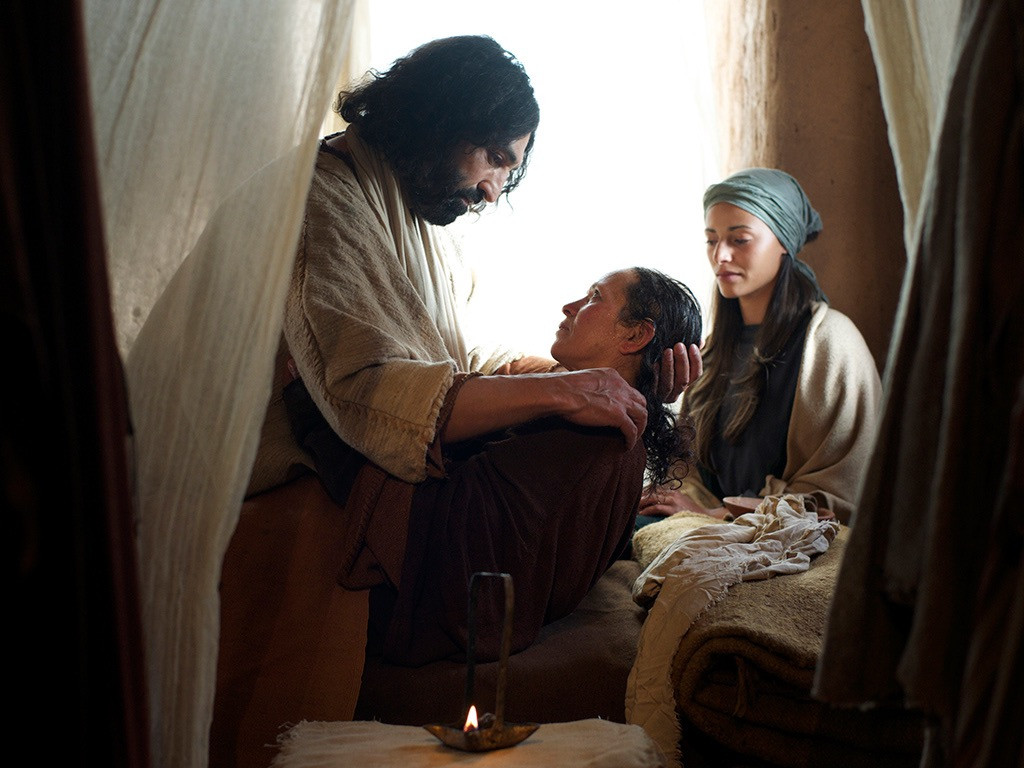
This is Mount Tabor, the traditional setting for this week’s Gospel reading about Jesus being transformed. The story is quite unusual as Jesus’ appearance is suddenly changed and he appears to talk with Jewish heroes Elijah and Moses. The story is full of symbolism and echoes that evokes other significant encounters on mountain tops – experienced by people such as Moses and Elijah. God’s imminent presence in the story is signified by the cloud that covers the mountain, a voice that speaks from the cloud and the dazzling appearance of Jesus.
Three of the disciples – Peter, James and John – have front row seats to the unusual drama. They are blown away by what they see, hear and feel. They are astonished, confused and very frightened all at the same time. Yet it’s clear that the amazing sound and light show is primarily for their benefit. They hear that Jesus is God’s beloved Son and that they must listen to him.
So as we approach the season of Lent, what might we learn from this evocative story? Perhaps we need reminding that there is rather more to Jesus than we often imagine, that Jesus has connections with the spiritual realm and with God that are mostly hidden from our normal senses. And perhaps we might learn that our perceptions and thoughts about Jesus need to be transformed just as much as Jesus was transformed. Perhaps when Jesus says hard things like take up your cross and follow me (which comes in the immediately prior passage and which we return to in the second week of Lent) we need to listen and ponder afresh what it means to follow Jesus.









